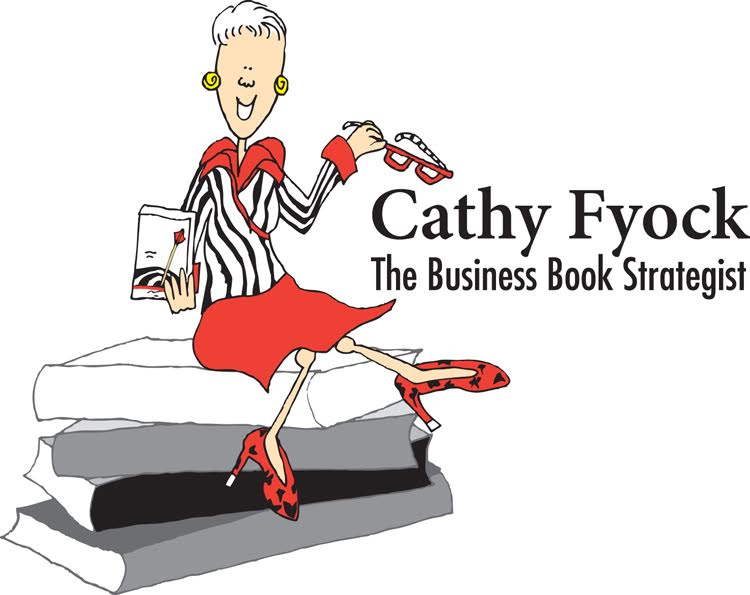Maria has a great collection of stories that she knows she wants to put in a book. But she also wants her book to serve as a tool to grow her new training and consulting business. She has no idea how she might integrate these great (and truly hilarious) stories into a book that will serve her.
Joan is a thought leader in her industry, and she frequently trains and speaks on her topic. She has been thinking about her book for several years, and her clients even ask her that dreaded question, “When are you going to write your book?” She’s super-busy in her work, and without imposed deadlines, her book will remain an important priority but never an urgent one.
Bill has a big speaking engagement coming up within the year, and he knows he can sell his book if it was finished. He has a very busy calendar and lacks project management skills, so is uncertain how he can achieve this goal.
Nancy is an extrovert, and loves her work as a speaker, trainer, and consultant. While she knows that having a book would be a great tool for her business, the thought of sitting down—alone—and writing is just too painful to imagine. She knows that if she’s going to write she’s going to need the support of a community.
George is ready to move into his thought leadership, but he lacks the confidence to write his book. His greatest fear is that a book that documents what he knows will also document what he doesn’t know, and that a book will be an embarrassment that could hurt his developing brand.
Chris is pivoting his business, and the book he is planning needs to reflect the reinvented version of his expertise. He’s so close to this transition that he is unclear on the structure and direction of his book, and is looking for someone who can navigate the path forward.
Maria, Joan, Bill, Nancy, George, and Chris have one thing in common—they need a book, and they need a book coach to get them there. Even though each is in different and unique places in their business and thought leadership trajectory, they all could use a coach to help them with the following:
• Alignment with their business by writing a book that supports the strategic business growth
• Added accountability to ensure progress toward the goal (which is often not time-bound)
• Project management skills and a strategic plan for the book that aligns with the business
• Support and encouragement when the going gets tough (and it will)
• Community support of other clients who are there for support and best practices
• Education on the writing, publishing, and promotion process
Perhaps even more importantly, the book coach should be a “possibility partner” for the author—seeing the brilliance of their clients and encouraging them to shine.
If you are like Maria, Joan, Bill, Nancy, George and Chris, perhaps you too are looking for that partner that sees the possibility for what a book could do for your business and career.

